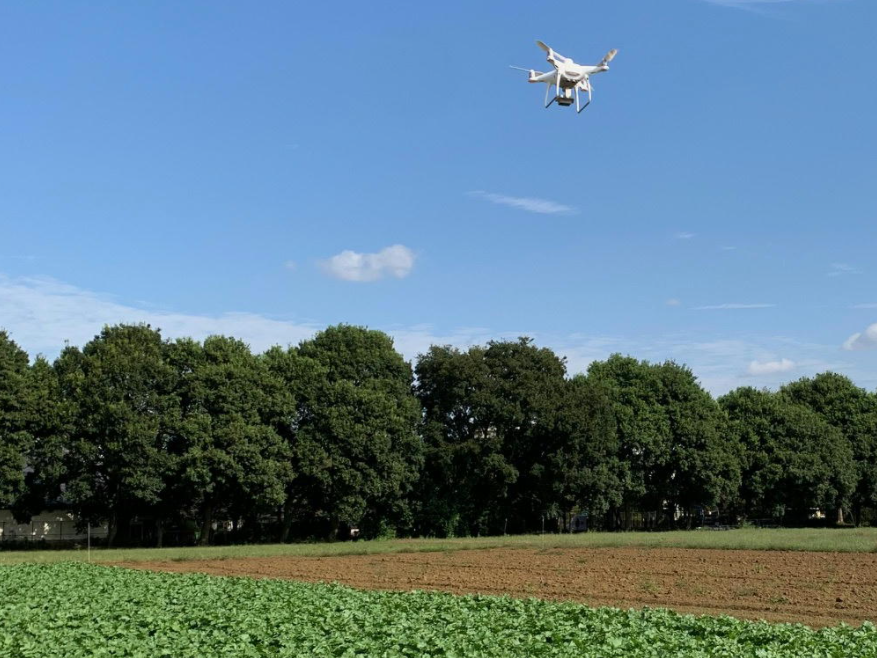
Research Topics.
In agricultural research and smart agriculture, methods for collecting, analyzing, and evaluating detailed data on crop growth conditions and growing environments in the field are important fundamental technologies. A research base (University of Tokyo Satellite Office) has been established to promote advanced research in field phenomics, IoT, AI, Big Data, etc. This endowed chair aims to further develop field phenomics and related technologies by building on the achievements there, utilizing the campus for research and education, and taking advantage of the great advantages of the local location, which facilitates joint research with local farmers, related companies, and others. In addition, the foundation for accelerating the social implementation of these applications will be established in a manner that is close to the field. To this end, we will also strengthen collaboration with local farmers, government, and schools. The main research topics are:
- Plant phenotyping use image processing and machine learning.
- Field sensing use IoT, Robot, Tractor, Drone and satellite.
- Agriculture Big data.
Projects
Current Projects List
Research on CPS infrastructure for the creation of big data-driven AI agriculture, AIP, JST'
URLPI: Prof. Masayuki Hirafuji
Exploring and Managing human-bee conflict in Asian cities using AI, Google AI for Social Good.
PI: Prof. Wei Guo
URLMachine Learning applied to high–throughput feature extraction from imagery to map spatial variability(GRDC), Australia.
PI: Prof. Wei Guo
URLRedesigning ideal crop canopy architecture using drone-based phenotyping techniques. (JSPS KAKENHI C)
PI: Prof. Wei Guo
URLSmart-breeding system for Innovative Agriculture (grant number: BAC1003) (MAFF)
育種ビッグデータの整備および情報解析技術を活用した高度育種システムの開発.農林水産省(MAFF)
Co-PI: Prof. Wei Guo
URLResearch project for technologies to strengthen the international competitiveness of Japan's agriculture and food industry (MAFF)
AIを活用したスマート除草システムの開発.農林水産省(MAFF)
Co-PI: Prof. Wei Guo
URLConstruction of modeling method considering the hierarchical structure of data collected on different scales.(NEDO)
Co-PI: Prof. Hiroyoshi Iwata
URL(page 20)Finished Projects List
Development and demonstration of high-performance rice breeding support pipeline for semiarid area (aXis)
The purpose of this research is to develop and validate high-performance breeding system for a staple food, rice in order to achieve stable and increased productivity even in semi-arid areas of India, where water supply is becoming increasingly unstable due to climate change.
This study consists of the following tasks:
1. Design and implementation of elemental technologies for high performance rice breeding support system
2. Test operation and evaluation of the integrated high-performance rice breeding support system
Research Program on Climate Change Adaptation (RPCCA)
Development of a support system for optimising agricultural production under global environmental change
We develop meteorological models, crop models, soil and water models, etc., to accurately estimate the three factors that determine crop cultivation - weather, soil and water conditions - from downscaling data, and simulate crop yield and quality based on the results. The results of the simulations are then integrated to develop a support system for optimising agricultural production in order to achieve optimal cultivation management (fertiliser, irrigation, timing of cultivation, crop rotation, etc.) that also takes into account profitability at the farm level, and optimal water management at the regional and basin level.
URL VideoGreen Network of Excellence - Environmental Information (GRENE-ei)
To be continued
To be continued
URLAdvanced information systems for agriculture, forestry and fisheries
To be continued
To be continued
Multiplication Information Navigator ArgInfo
To be continued
To be contiued
Accelerated Social Return Programme (ASRP)
To be continued
To be continued
Semi-arid area paddy rice breeding efficiency support Construction and verification evaluation of AI ecosystem, JST
Leader: Prof. Seishi Ninomiya
To be continued
Publications
» View more in Zotero#IPPS8
— FieldPhenomicsLAB (@FieldPhenomics) October 13, 2024
5 lab members have their presentations at IPPS8. Congratulations to Tang Li win the travel grant and Ting Jiang of delivers her oral presentation! Enjoyed worldwide XPPNs ending and the field tour as well. pic.twitter.com/jSwploiCrv
Members
Professors

Wei GUO (郭威)
PI, Endowed Chair Supervisor, Associate ProfessorResearch area: Machine Learning, Image processing, Plant Phenotyping
Engaged in research on the development of field sensing techniques using drones and robots, image processing, high-throughput phenotyping algorithms using machine learning and their application in agriculture.
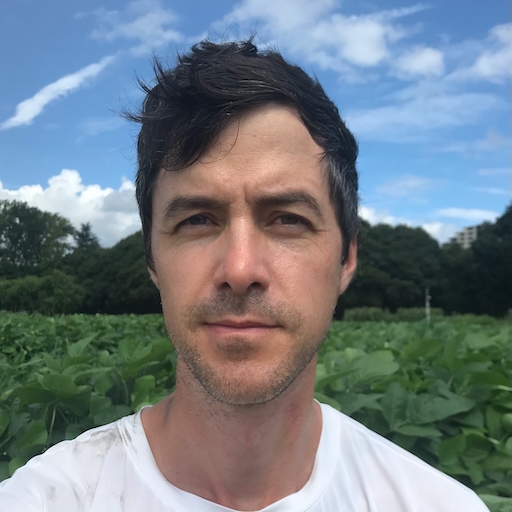
James BURRIDGE
Project Assistant ProfessorResearch area: Plant and crop physiology, resource acquisition and utilization, phenotypic integration
Specialist in root systems with experience in water acquisition and use dynamics. Committed to applying research advancements to directly impact farmers, accelerating breeding of climate resilient crop varieties and developing more efficient and climate resilient cropping systems.
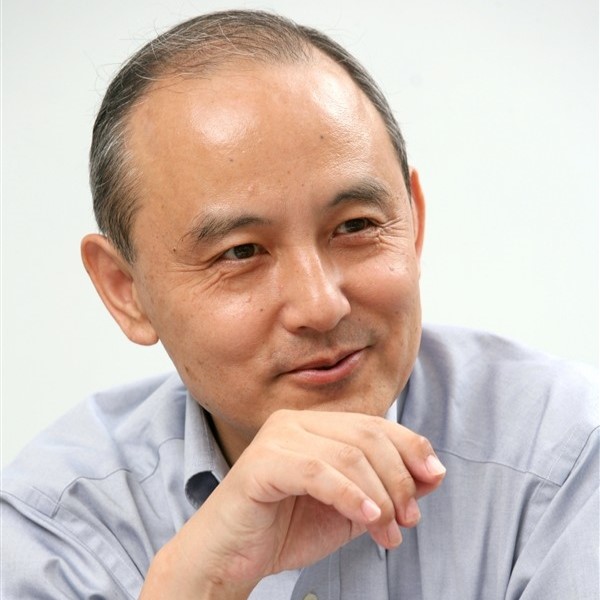
Seishi Ninomiya (二宮正士)
Project Professor, Emeritus professor of UTokyoResearch area: application of information science and technology to crop breeding and research and development of agricultural information systems.
Principal Investigator of JST SICORP "Sustainable Crop Production Support System under Climate Change Enabled by Data Science".
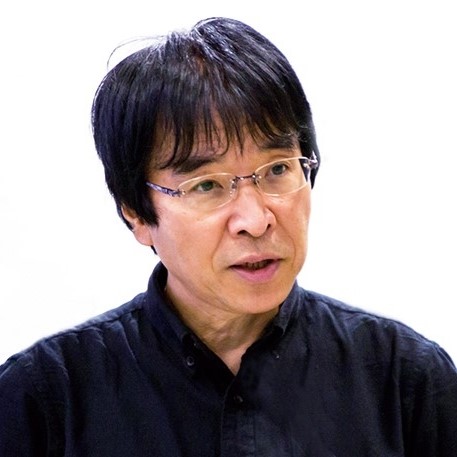
Masayuki Hirafuji (平藤雅之)
Project ProfessorResearch area: field sensing, AI in agriculture
Principal investigator of the JST AIP accelerator proposal "Research on CPS infrastructure for the creation of big data-driven AI agriculture".
He has been involved in research on artificial intelligence in agriculture, on the analysis and modelling of plants and other complex systems, on closed ecosystem models (soil-grown space farms that protect against radiation and recycle oxygen and water), and on the development of field servers that automatically collect field data and analyse the big data obtained using AI.
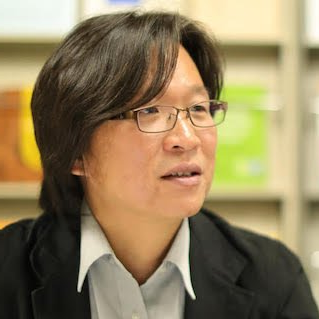
(Concurrent )